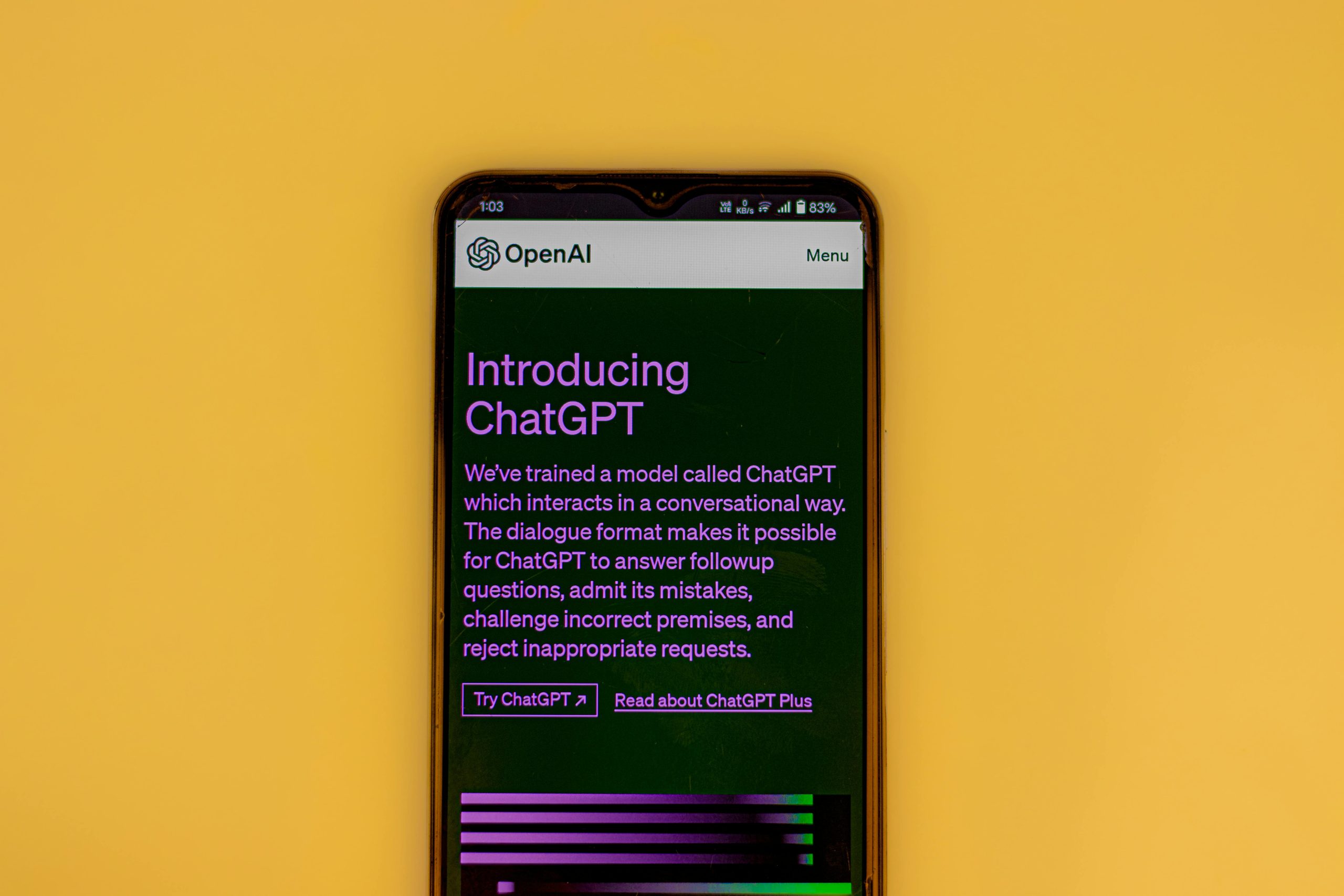they killed the 4o we preferred and our workflows are falling apart
The Decline of GPT-4 Observable: A Critical Look at Recent Changes and Their Impact on Creative Work
In the rapidly evolving landscape of AI language models, recent developments have sparked concern among users who rely heavily on these tools for complex, long-term projects. Notably, there are reports indicating that OpenAI has made significant, albeit subtle, alterations to GPT-4’s core functionalities—particularly its memory and contextual awareness—that have profound implications for creative and analytical workflows.
The Shift in GPT-4’s Capabilities
Prior to the updates, GPT-4 exemplified a high level of sophistication in maintaining long-term context. Users often regarded it as more than an assistant; it functioned as a collaborative thinking partner capable of sustaining an uninterrupted thread through extensive documents. This ability to remember and build upon ideas over extended interactions enabled the development of intricate projects, whether in writing, research, or other creative pursuits.
However, starting around May 2024, many users began noticing a stark decline in these features. The model’s capacity to recall past exchanges diminished dramatically, accommodating only a handful of previous interactions—often limited to ten. Consequently, logic coherence deteriorated, and users found themselves repeatedly re-explaining their ideas, breaking the seamless flow they once enjoyed.
The Impact on Creative and Humanistic Fields
This reduction in long-term memory and contextual understanding isn’t just a technical inconvenience; it undermines the core utility that made GPT-4 an invaluable tool for writers, researchers, educators, and creative professionals. For those working on complex, multi-stage projects, the inability to maintain a coherent narrative or remember previous input hampers productivity and creativity.
The community’s frustration is palpable. Many feel that the recent changes are not mere “updates” but rather a significant regression—what some describe as a “demolition” of previously robust capabilities. Users are calling for transparency and correction, urging OpenAI to either restore the model’s original, more capable version or address these memory limitations.
A Call for Responsiveness and Respect for Human-Centric Use
While AI developers often highlight advancements in AI models like GPT-5—especially regarding coding and technical tasks—it’s crucial to acknowledge the importance of foundational language proficiency in human-centric disciplines. As this community emphasizes, text processing, creative writing, and humanities research rely heavily on sustained, nuanced understanding—areas where the recent version of GPT-4 appears to have been compromised.
Users are increasingly vocal in requesting that OpenAI acknowledge these issues openly and














Post Comment